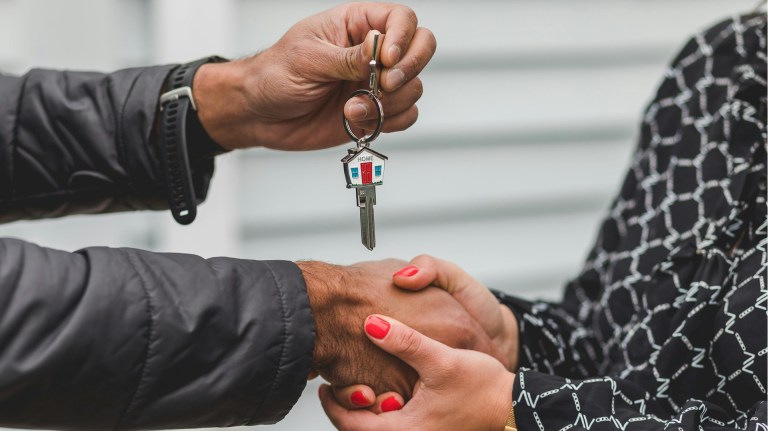The government released new statistics this week showing that 10,840 children aged 16-18 are living in so-called ‘supported accommodation’, more than one in 10 (13%) of all children in care.
Despite being widely used, this kind of accommodation is not suitable for children. Legally, supported accommodation only provides its occupants with ‘support’ and not ‘care’, and the regulations governing this type of living arrangement are much weaker than those for children’s homes or foster carers.
It is nothing close to loving or to what most of us would consider to be family. Staff, for example, are not expected to provide the daily care and oversight that you would expect any child to have; they are simply required to maintain ‘regular and sufficient contact’ to be able to identify any safeguarding risks, mental health concerns or if the young person has gone missing.
Read more:
- Mental health support while I was in care wasn’t perfect – but now children are being turned away
- ‘Children in care shouldn’t be a route to profit’: Baroness Lola Young on privatisation of children’s homes
- ‘You’re basically abandoned’: How care leavers are forced from foster homes as soon as they turn 18
Children in supported accommodation (who might be living in a shared house with other children and/or adults or on their own in a small bedsit) usually manage their own finances, shop and cook for themselves, and make everyday decisions about how they spend their time – largely without the consistent input of adults. Some report only seeing support staff once a week, and a social worker once every six weeks.
Children in care can live in supported accommodation because the law in England and Wales only requires them to live under adult supervision and protection until they are 16. So it is currently legal for a 16 or 17-year-old ‘in care’ to live in this kind of accommodation despite the obvious contradiction that they are not receiving appropriate ‘care’ at all.





